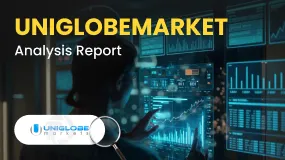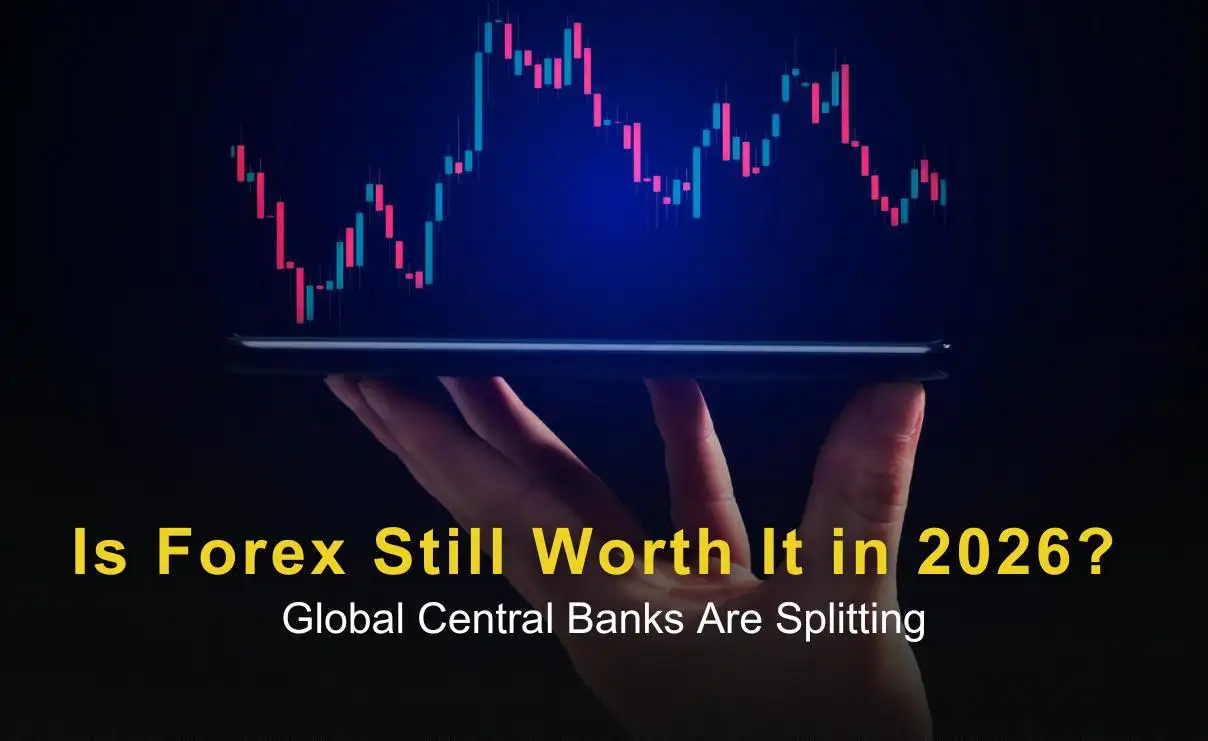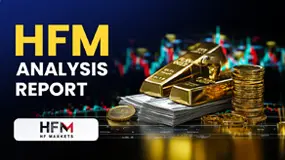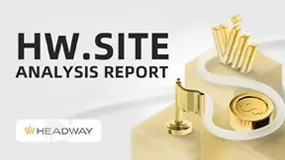Abstract:Several articles discuss the randomness and abruptness of the FX market. Some traders think that nothing can be predicted in the market.
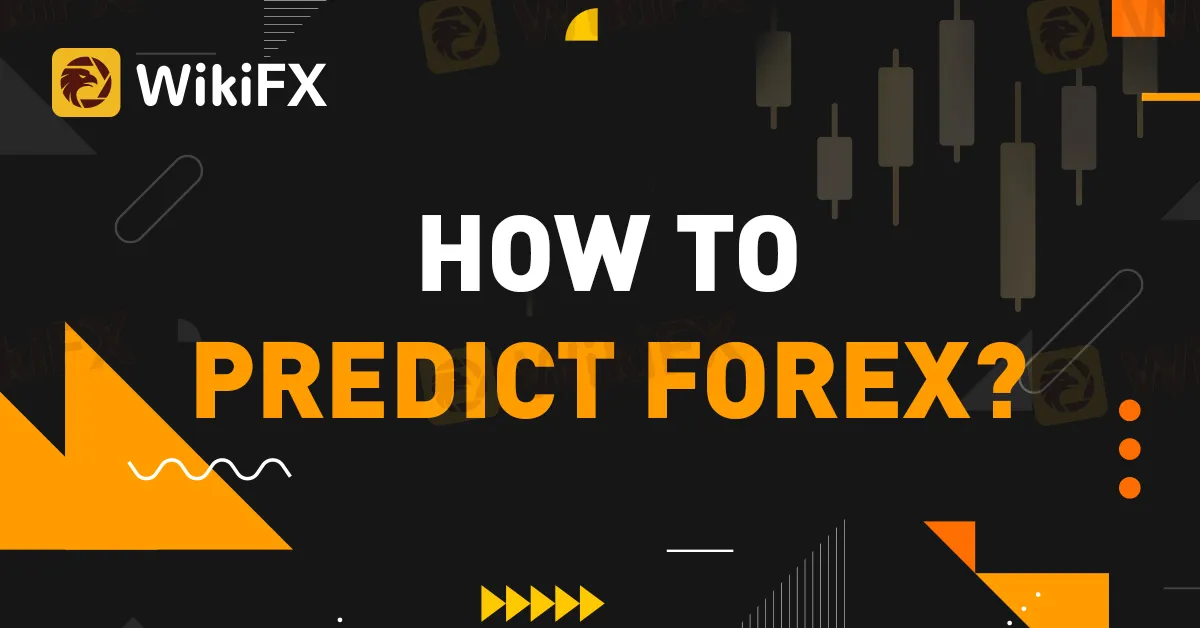
Several articles discuss the randomness and abruptness of the FX market. Some traders think that nothing can be predicted in the market. These writers attempt to convince the audience that forex is just like a huge casino. They do their best to demonstrate that currency movements can be predicted, but never guessed at, and that luck, not intelligence, is what counts. There are some traders that think they can compute everything and do believe in technical and fundamental analysis. While there is some truth in each of the categories, forex relies on a combination of luck and analysis.
When it comes to analysis, a trader might utilize a specialized tool called a forex forecaster or employ many programs simultaneously to increase profits.
How come forex is predictable?
Forex is highly fragile despite its size. Even insignificant occurrences have some potential to affect the market. These factors affect the currencies:
political events, the degree of economic progress in various nations, price movements on other financial markets, and even the opinions of leading politicians and financial professionals.
Additionally, the acts of FX advanced players have a significant impact on the market and can occasionally upset its delicate balance.
How to forecast foreign exchange
It goes without saying that certain aspects are unpredictable, but the majority of them are predictable. In addition, the currency market tends to develop in one direction rather than quickly changing to the opposite one. That is inertial, forex. Of course, there are changes, but they often take place over a longer period of time than the predominant trend.
· This is the reason why forex indicators are constantly in style:
· They aid in determining how a trend is moving.
· They assist in opening tiny lots and make money right away.
A trader can employ Stop Loss and Trailing Stop orders to protect assets from loss (in the event that the market does change direction).
Some traders are certain that the market will remain unchanged from now to tomorrow. They use technical tools to evaluate historical sources, and they base their future strategy on the results of this analysis.
These mathematical calculations can all be carried out automatically by specific software. They are known as Forex Advisers, and they offer the chance to conduct business without the physical presence of a trader. The trader (or broker) should enter the necessary settings to improve the outcome. As a result, an advisor automatically follows the dominant trends over a specific time period. It compares market conditions and contributing variables using a variety of metrics. These robots are quite dependable and well-liked by both experienced and novice traders.
The following categories of advisors exist:
· trend forecasters (they trade by long positions with big profit)
· scalpers (they are tuned for several offers and often work with a big lot - several points for a deal) (they are tuned for multiple deals and often work with a big lot - several points for a deal)
· several currencies (they are universal advisors and can work simultaneously or apart on many trading pairs)
· Martingale machines (they increase a lot after every loss; the most risky one)
· combining kind (can combine, for example, scalper and trend advisors, or scalper and multicurrency robot and so on)
· for small deposits, advisors (they are not so popular and beginners start with them)
The forex gurus don't make rash decisions or show emotion. The key distinction between a trader and a software is this. They do, however, also have their own drawbacks, which should be considered before making investments. Any trader can develop his own successful forex strategy with practice, which will result in earnings and success.





